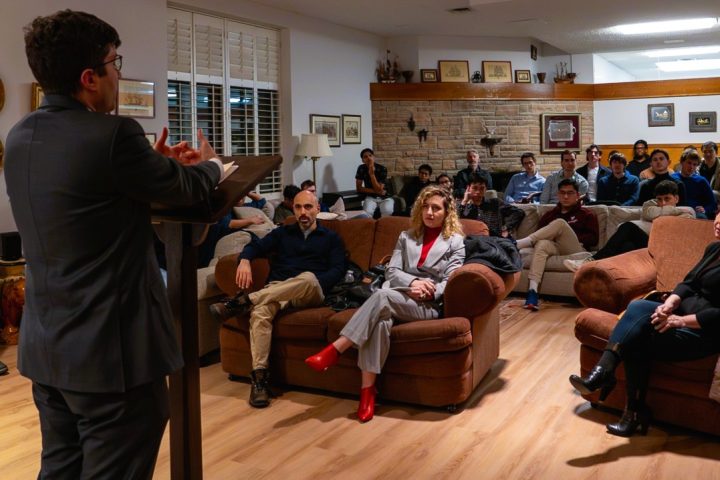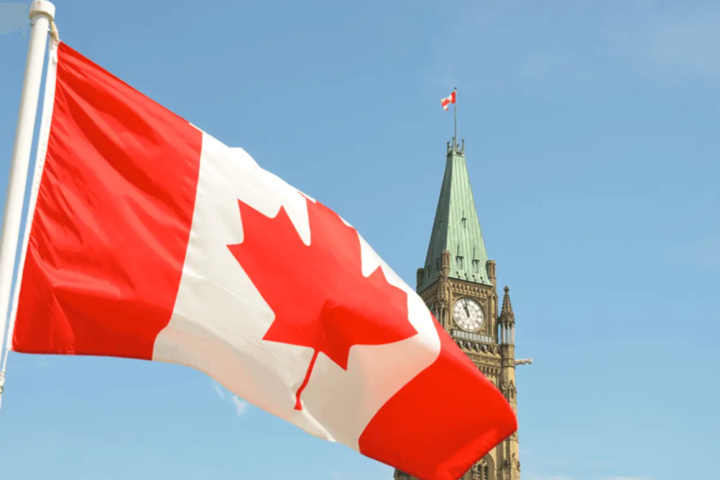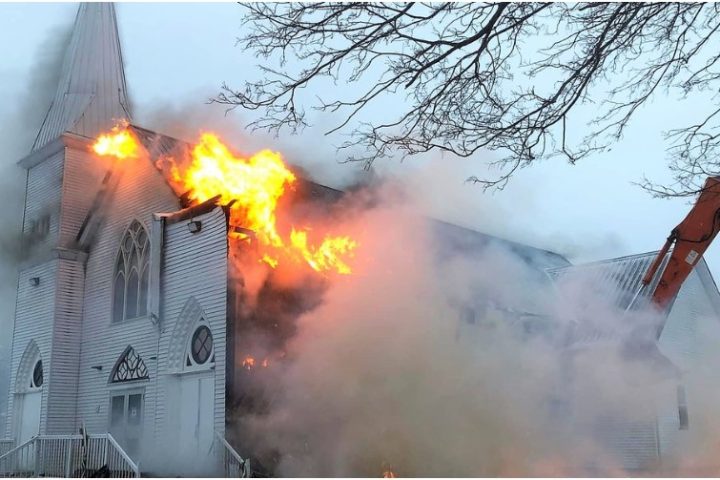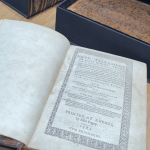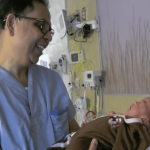By Peter Oliver, Catholic Health Association of Saskatchewan
In January 2024, the Catholic Health Association of Saskatchewan (CHAS) identified working with the Saskatchewan Bishops to develop a provincial response to medically-provided euthanasia (known as Medical Assistance in Dying or MAiD) as a top priority.
Instinctively this felt right, but I’m prone to ask questions and I wondered, “Are we justified in devoting this much attention to MAiD?”
Initially, I was moved by the threat that medically-provided euthanasia posed to Catholic Health Care. Clearly, powerful lobby groups like Dying with Dignity see Catholic Health Care as a significant obstacle in their bid to expand access to MAiD. It seems a legal challenge to a religious right to refuse to provide euthanasia procedures in Catholic hospitals is brewing and this could lead to the closure of Catholic Health institutions across the country.
Then I began to think, is the more concerning issue, Dying with Dignity’s desire to normalize suicide? This alarming idea washed over me as I saw Dying with Dignity promote medically-provided death for those who are mentally ill.
Both these issues were important, but I still felt “there is something greater at stake.” So, I read, asked questions, did interviews and then one day the clouds parted, the sun shone, and with sparkling vitality the phrase “that’s the fundamental concern” rang out!
So, what then is the issue that’s most concerning about MAiD?
The answer was clearly articulated in a recent Times article by Matthew Parris titled, “We Can’t Afford a Taboo on Assisted Dying”. The heart of Parris’ conviction can be found in these words, “To protect its future, a healthy society must adapt its norms, its cultural taboos and its moral codes. This does not usually happen by decree but by a largely unconscious general creep. People begin changing their minds, often unaware of why.”
The general creep Parris supports is a shift in our attitude toward medically assisted death for the infirmed, terminally ill, and various other individuals who he thinks of as a burden to our society. He reluctantly concedes, “‘Your time is up’ will never be an order” but he looks forward to a day when it’s time to end your life will be an “unspoken hint that everybody understands.”
Sympathy for the struggles of terminally ill patients dominates our conversations about MAiD but very few people realize the fundamental shift that is quickly advancing as access to MAiD expands in Canada. I texted a friend about the priority CHAS is putting on responding to MAiD and he immediately texted back: “We know two different people who had medical personnel suggest assisted suicide.”
Of course, the medical professionals who made these suggestions probably didn’t intend to create a world where vulnerable people feel they should end their lives. But I think Parris has it right. The shift in attitude unfolds “largely [as an] unconscious general creep. People begin changing their minds, often unaware of why.” Then ever so subtly we move from compassionate offer to “unspoken hint” or stating it in my own words, we move from “there’s a way out of this suffering” to “it’s rather a lot to carry all the cost of caring for you.”
Canada has become the foremost promoter of medically assisted suicide and euthanasia. In other words, we are world promoters of the fundamental shift Parris describes and it falls to us to do everything in our power to curtail it, challenge it, and never give up on efforts to altogether reverse the current trend.
At present, is there any way we can protect our loved ones from having a health provider suggest MAiD when they are facing a serious health crisis?
There isn’t.
Finding a way to protect our loved ones from experiencing this devastating proposal might be a very good place to focus our advocacy.


